By Mariah Buzza MS-Clinical Mental Health Counseling, NCC, LAPC
As a licensed associate professional counselor, my professional vocation is dedicated to doing the very thing I once thought was useless and even contrary to my convictions as a Catholic. But what was it that caused this drastic shift in perspective? Why do I now see counseling as something that can not only be useful but life-changing if done with respect to the faith? This shift began in the Fall of 2010, when I visited a mental health counselor for the first time.
A Catholic In Counseling
Before this visit, and even some time after, I didn’t “believe in counseling”. I thought counseling was only for people who wanted to be told “they were doing nothing wrong” or in other words for people who simply wanted their sins validated. I saw it as something for “weak people” who did not want to live ordered lives rooted in holiness or accountability.
At the time of my first visit, which was mandated by higher powers in my life, I was only 14 years old, and quite idealistic as you might have already guessed. I had just gone through a significant and stressful life event which prompted this visit. During my first visit, I sat in silence staring at my new therapist for what felt like an eternity (perhaps even longer for the therapist who had agreed to take me as a client). I remained silent to communicate that I considered counseling to be a waste of time. 15 years later, I look back and see God’s powerful sense of humor among other valuable lessons (humility was a big one)!

A Reflection of Our Lord’s Gentleness
As I sat in silence for long periods of a time during my first experience with counseling, something began to happen. I began wondering why the person across the room from me was not pushing me to open up and did not quickly suggest terminating me as a patient after my initial refusal to participate. My curiosity, fostered by my former therapist’s patience and silent accompaniment, defused my initial defenses. The silence was a powerful witness that reflected what the Lord often does during the storms in our lives. He freely waits for us to speak to Him rather than interjecting himself into our minds and hearts before we are ready. While He may find ways to speak to us, He does not force Himself upon us.
This experience of silence was a starting point for greater healing in my life. Years later I would experience an even greater healing through the Sacramental life of the church and continued use of mental health services. Mental health treatment does not replace and cannot replace the healing given to us in the sacraments, and I have lived this first-hand. But there are many helpful things it can do. For example, it can help our minds and hearts identify cognitions and beliefs that impede our ability to receive the Sacraments in their totality! As in my case, Christ can work through counseling to begin opening the door to your heart! Below are two elements of therapy that I have found particularly helpful as both a patient and therapist.

Identification of Core Beliefs and Assumptions
Cognitive Behavioral Therapy or CBT is an approach to counseling that many counselors use. CBT works to identify patterns of thinking, core beliefs, and the assumptions we make regularly that negatively affect our lives. For many, these core beliefs are related to how one views his or herself or others. CBT therapy can help a person identify what beliefs he or she is operating out of daily, without even being aware of it. An example of a negative core belief is, “If I share my feelings and desires, I will be hurt”. Someone operating from this perspective may refrain from vulnerability in all relationships. This is problematic as it can inhibit true intimacy in relationships that require it, such as with one’s spouse.
A belief like this may lead to loneliness, ultimately hurting the intimate relationships that the person caring this belief needs to flourish. This particular belief could even adversely affect how one views their relationship with Christ, preventing vulnerability even with Him. For a Catholic, therapy can help identify the thought patterns, beliefs, and assumptions that keep us from or adversely affect our most important relationships!
Accompaniment
The quality of relationship between the client and therapist, or the therapeutic alliance, greatly impacts and predicts the outcomes of therapy. The better the connection between client and therapist, the more likely positive therapeutic outcomes will occur for the client. Study after study has affirmed this finding. Clients most often relate with therapists who are like them. This finding affirms Church teaching that the human person flourishes in relationship! The art of accompaniment, in which therapists train, can help meet one of our most basic needs in times of loneliness and stress, accompaniment. Finding a therapist who shares your faith or who is like you can help you in those seasons of life that are isolating or distressing!

When I first went to therapy my 14-year-old self had yet to identify the plethora of negative core believes that she was holding onto. And while not much identification was done with my first therapist, it was one of the many relationships that planted seeds for later healing found through subsequent counseling and grace from the sacraments . If you are a Catholic struggling with loneliness, mental illness, or significant life stress we encourage you to seek out a Catholic counselor who can accompany you in your healing.
If you are a CURO member, we are happy to help you locate a Catholic counselor or therapist in your area! Visit your member today or call us at 800-840-7471.
*If you believe you are in a mental health crisis please call 988
*If you believe you are in immediate danger please call 911 or visit your closest Emergency Room.

